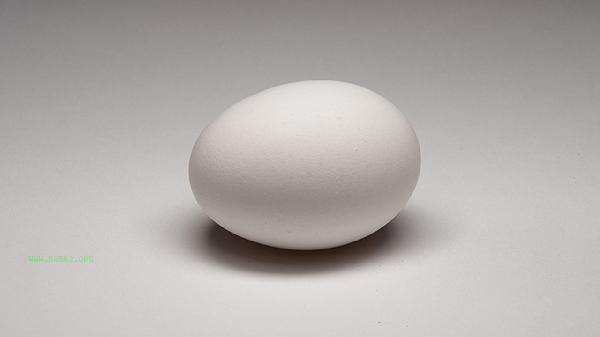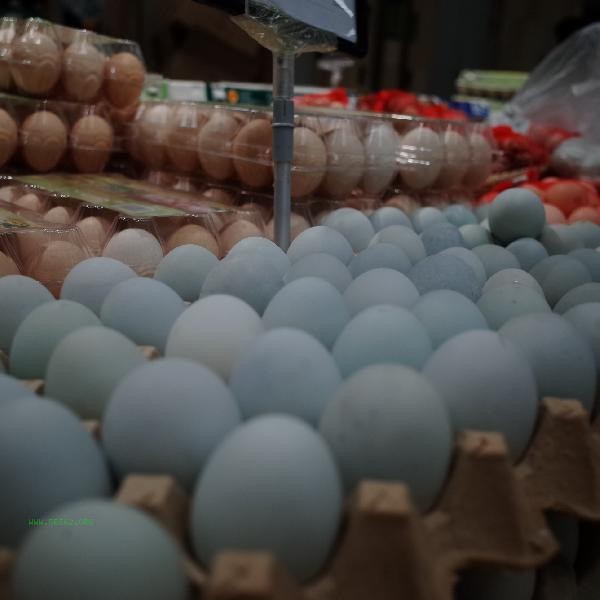The prepared egg sauce can be refrigerated for 2-3 days or frozen for 1 month. The preservation effect of egg sauce is mainly affected by factors such as container sealing, storage temperature, oil content, use of additives, and hygiene during use.

1. Container sealing
Glass sealed cans are the best choice as they can effectively isolate air and moisture. Before use, it is necessary to rinse and disinfect with boiling water, and leave a 1cm headspace when filling the sauce to prevent expansion and overflow. If plastic boxes are used, food grade PP material should be selected to avoid the dissolution of harmful substances in oil. After each use, it is necessary to immediately cover it tightly to reduce the number of times it is opened, which can extend the shelf life.
2. Storage Temperature
The temperature in the refrigeration compartment should be kept between 0-4 degrees Celsius, and the refrigerator door should be avoided during storage. Frozen storage should be divided into small portions and sealed tightly against the sauce surface with cling film to isolate ice crystals. When thawing, it should be moved to the refrigeration room 12 hours in advance to avoid repeated freezing and thawing. It is recommended to use a quick cooling cabinet in commercial kitchens to quickly cool down to a safe temperature.
3. Oil Content
High oil formula can form a natural anti-corrosion layer, but it should be noted that animal fats will solidify after refrigeration. A small amount of vitamin E can be added to vegetable oil-based sauces to delay spoilage. It is recommended to add an appropriate amount of lemon juice to the low-fat version to adjust the pH and inhibit microbial growth. In industrial production, legal preservatives such as potassium sorbate are added.

4. Additive Use
Homemade products can be sterilized by adding a small amount of white vinegar or rice wine, with a proportion not exceeding 5% of the total amount. Commercial formulas often use natural preservatives such as lactobacillus streptococci. Sauce containing natural antibacterial ingredients such as garlic and onions has a relatively longer shelf life. Adding more than 15% sugar or salt can have antibacterial effects, but it is necessary to consider a balanced taste.
5. Access hygiene
Clean and dry tableware must be used to avoid water stains or saliva. When packaging, disposable decorative bags can be used to squeeze into the container. When mold spots, sour odor, or texture separation appear, they should be discarded immediately. The restaurant operation needs to establish a dedicated person and spoon system, and mark the opening date and time.

It is recommended to label the production date when storing egg sauce, and check the status of the refrigerated version daily. Can be paired with sterilized olive oil seal to extend shelf life. If long-term storage is required, it is recommended to vacuum pack after high-pressure sterilization. Special groups such as pregnant women and infants should avoid consuming homemade sauces stored for more than 24 hours. For commercial use, it is recommended to control water activity and pH value in accordance with food safety standards.









Comments (0)
Leave a Comment
No comments yet
Be the first to share your thoughts!